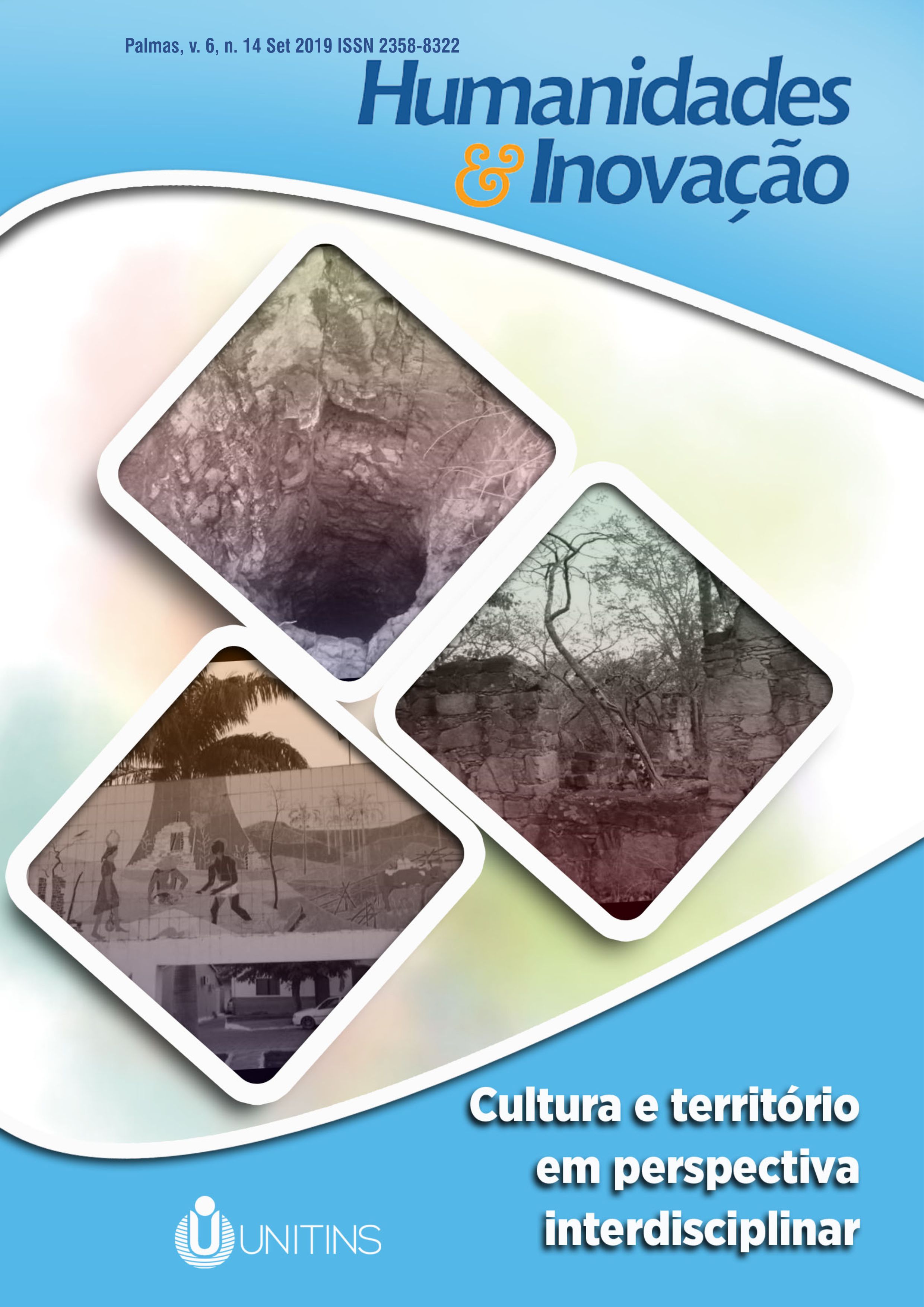THE ROLE OF FAMILY IN VALUE TRANSFORMATION OF YOUTHS AND MIDDLE-AGED PEOPLE IN TEHRAN
Resumo
This research aims to conduct a sociological study on the role of family in value transformation in two groups of youths (20-29 years) and middle-age people (40-49 years) in District 9 of Tehran.The statistical sample was determined to be 384 subjects for both groups through Cochran formula and then, questionnaires were distributed and completed by the respondents using the stratified random sampling method.
The relationship intensity in value priorities of youths (0.546) indicated a strong and positive correlation with the independent variable (family values). But the relationship intensity in value priorities of middle-aged people had a moderate to low correlation with family values.
Multivariate regression test results related to youths’ value priorities revealed that independent variables included in the equation, consisting of family (parents) values, modernism and individualism, explain 31% of the total variations in the dependent variable of youths’ value priorities. Among the independent variables, the variable of family values with a direct impact factor of 0.665 has the greatest effect on the variable of youths’ value priorities.
Multivariate regression test results related to middle-aged people’s value priorities suggested that independent variables entered in the equation, including family values, modernism and individualism, explain 16% of the total variations in the dependent variable of middle-aged people’s value priorities. Among the independent variables, the variable of individualism with a direct impact factor of 0.312 has the greatest effect on the variable of middle-aged people’s value priorities.
Referências
Azad Armaki, T. & Khademi, H. (2004). Value priorities of Tehran students. Cultural Research Letter, 8(8).
Inglehart, R. (1994). Cultural transformation in the advanced industrial society. Translated by M. Vetr. Tehran: Kavir.
Inglehart, R. (2003). Cultural transformation in the advanced industrial society. Translated by M. Vetr. Tehran: Kavir.
Battomore, T. (2003). Critics of society (radical social thought in North America). Translated by M. Jawaher Kalam. Tehran: Vista Mehr Publishing, First Edition.
Khademi, H. A. (2004). Investigating the factors affecting the value priorities of high school male students in Tehran. Master’s thesis, Faculty of Social Sciences, University of Tehran.
Khaleqifar, M. (2002). Investigating the materialist and postmaterialist values of Iranian educated youths, factors affecting them and their relationship with some culture-bound syndromes. Cultural Research Letter, 7(3).
Ritzer, G. (1995). The theory of sociology in contemporary periods. Translated by M. Salasi, Second Edition.
Sa’ei, A. (2008). Research method in social sciences (with a critical rationalist approach). Tehran: Samt.
Ghafouri, N. (2012). Comparing the value priorities of high school male and female students in Nasimshahr and District 6 of Tehran. Master's thesis, Faculty of Social Sciences, University of Tehran.
Cozer, L. (1993). The life and thought of the great men of Sociology. Translated by M. Salasi. Tehran: Elmi Publications.
Weber, M. (1995). The Protestant Ethic and the Spirit of Capitalism. Translated by A. K. Rashidian. Tehran: Scientific and cultural Publications.
Inglehart, R. (1971). The silent revolution: changing values and political styles among Western publics. Princcton University Press new York: Doubleday and co. lipset.
Inglehart et al. (2004). Sacred and Secular: Religion and politics Wordwide, Cambridge university press.
Inglehart, R. & Baker, W. (2001). Modernization, cultural change and the persistence of Traditional Values. American sociological Review.
Inglehart, R. (1999). Modernization and post-modernization, Princeton university press.
Inglehart, R. & Baker, W. (2001). Modernization, cultural change and the persistence of traditional values. American sociological Review.
Hofsted (1997). Gender Equality and cultural change around the world, Cambridge university press, 2003 (co-authored with Pippa Norris).
Schwartz (1998). Counseling and values: A philosophical Psychological Falia, 32 (1-20).
A submissão de originais para este periódico implica na transferência, pelos autores, dos direitos de publicação impressa e digital. Os direitos autorais para os artigos publicados são do autor, com direitos do periódico sobre a primeira publicação. Os autores somente poderão utilizar os mesmos resultados em outras publicações indicando claramente este periódico como o meio da publicação original. Em virtude de sermos um periódico de acesso aberto, permite-se o uso gratuito dos artigos em aplicações educacionais, científicas, não comerciais, desde que citada a fonte (por favor, veja a Licença Creative Commons no rodapé desta página).











